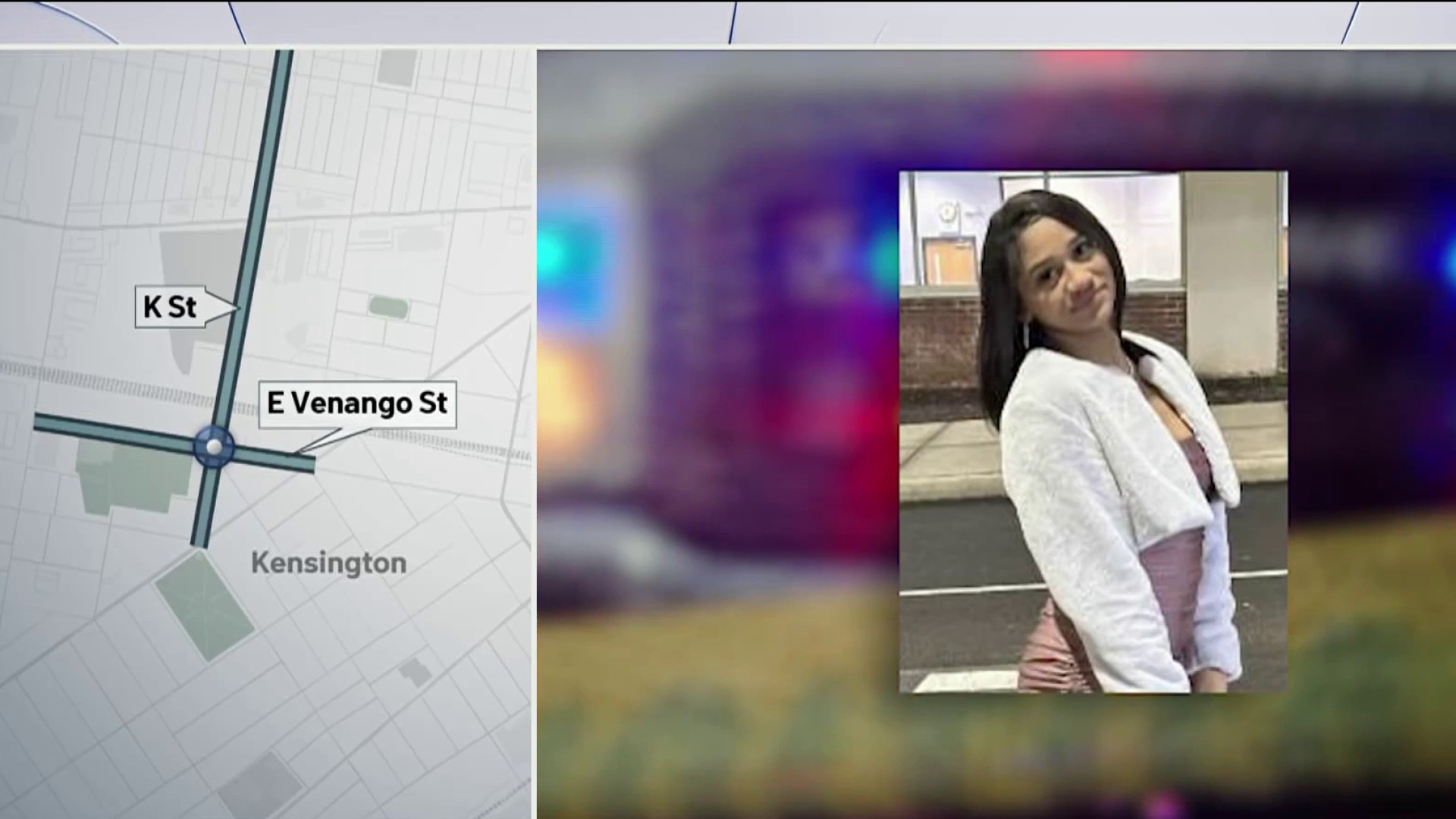What to Know
- Hahnemann handles 56,000 emergency visits each year, in addition to thousands of other patients at its Center City location.
- More than 800 nurses and other staff work at the hospital. Many of them rallied Thursday in front of City Hall.
- If the hospital does eventually close, a city spokeswoman said city medics will adjust their emergency room dropoffs as needed.
Hahnemann University Hospital has begun diverting trauma patients to other facilities, despite warnings from both the City of Philadelphia and the Pennsylvania Health Department that doing so could result in legal action.
Hahnemann was ordered Thursday by the Pennsylvania Department of Health to stay open until the medical facility submits written notice of its intent to close. The state Health secretary, Dr. Rachel Levine, said Friday evening that "further conversations" continue between the state and the hospital owner, and that a cease-and-desist order against closing remains in place.
As of Friday night, however, Hahnemann stopped accepting trauma patients.
On Saturday afternoon, it officially confirmed the news, saying through a press release that it had notified the Pennsylvania Trauma Systems Foundation that it was "de-designating" as a Level 1 and 2 trauma facility.
"After reviewing our plan of closure and in consultation with the Pennsylvania Department of Health, we felt this move is in the best interest of patient safety," Hahnemann Chief Medical Officer Dr. Alexander E. Trebelev said in a statement. "Unfortunately, we are facing clinical and operational challenges. We cannot continue to serve trauma and STEMI [a type of heart attack] patients under these conditions."
The hospital said its emergency department would remain open, but would not be accepting trauma patients anymore.
The first sign that Hahnemann was not heeding warnings that it would be in violation of city and state regulations came over the Philadelphia Police Department's radio communications. On Friday evening, a dispatcher alerted officers that new protocol for transporting emergency patients was in place.
A source with Mayor Jim Kenney's administration confirmed that Hahnemann had begun diverting emergency patients.
"Hahnemann requested diversions today for trauma and other critical medical conditions. PFD complied," the source said.
Officials with the police and fire departments did not respond to requests for comment.
Meanwhile, Levine, the state health secretary, said in a press release late Friday that both the state and the hospital owner "expressed their commitment to working in a way that protects public health with minimum disruption to patients and staff."
Levine said she met with Hahnemann's owner, Philadelphia Academic Health System to discuss the facility's closure plan. That plan was submitted, Levine said.
Local
Breaking news and the stories that matter to your neighborhood.
The "cease-and-desist" order was put in place Thursday to force the hospital to continue full operations for at least the next 90 days, which is the minimum amount of time allowed under state and city regulations to submit an application to shut down.
Hahnemann handles 56,000 emergency visits each year, in addition to thousands of other patients at its Center City location.
Officials with the hospital's parent company on Wednesday suddenly announced plans to end operations at the facility at North Broad and Vine streets, throwing in question how those thousands of patients will be absorbed by surrounding medical facilities.
The hospital owner, Philadelphia Academic Health System, LLC, (PAHS), which also owns St. Christopher’s Hospital for Children said the entire facility would close Sept. 6.
But in a letter from Mayor Kenney and the city's health commissioner obtained by NBC10, the hospital plans to "effectively discontinue all new admissions as of July 12 and cease most clinical operations by the end of July."
Kenney and Health Commissioner Dr. Thomas Farley wrote to AAHS CEO Joel Freedman that such "abrupt closure of Hahnemann would cause substantial harm to patients, hospital residents and other employees, the community at large, and the City itself."
They demanded Freedman send confirmation by 10 a.m. Thursday that the hospital owner would follow city and state regulations requiring proper advance notice before a hospital closure.
More than 800 nurses and doctors work at Hahnemann, which was the focus of an NBC10 Investigators story on inner city emergency room operations in Nov. 2017.
Many staff rallied at City Hall on Thursday to call for a delay in the shut down and an effort to keep the hospital open.
“We will continue to work with the hospital owners, employees and our partners in the City of Philadelphia to ensure that if this hospital has to close it does so responsibly and with minimum impact on residents,” Pennsylvania Health Secretary Dr. Rachel Levine said.
Levine sent the cease-and-desist order in a letter to the hospital.
If the hospital does eventually close, a city spokeswoman said city medics will adjust their emergency room dropoffs as needed.
"We're not entirely sure what the impact will be, but our EMS system will adapt," she said. "We have to be flexible and adjust to changing conditions, and our firefighters and medics are the best in the business at doing that."



